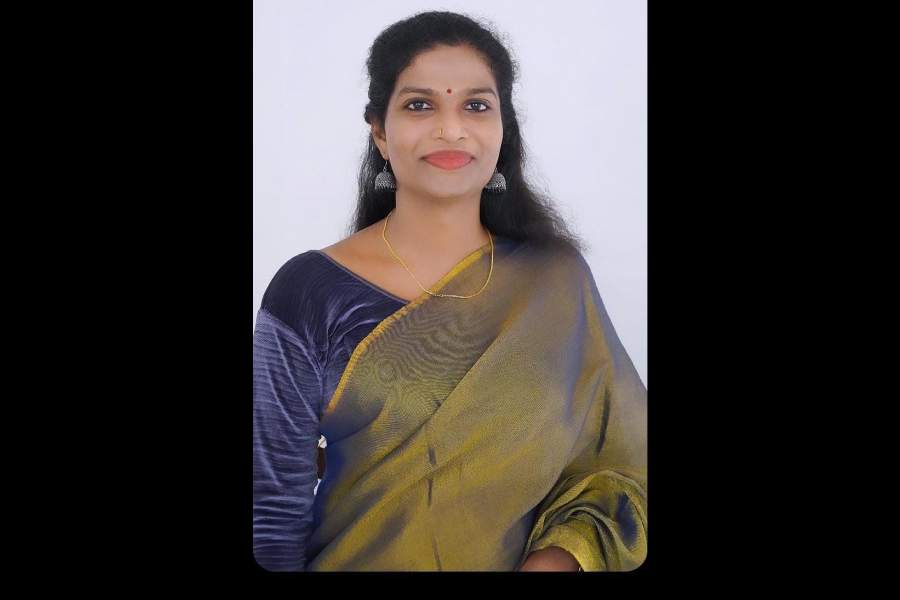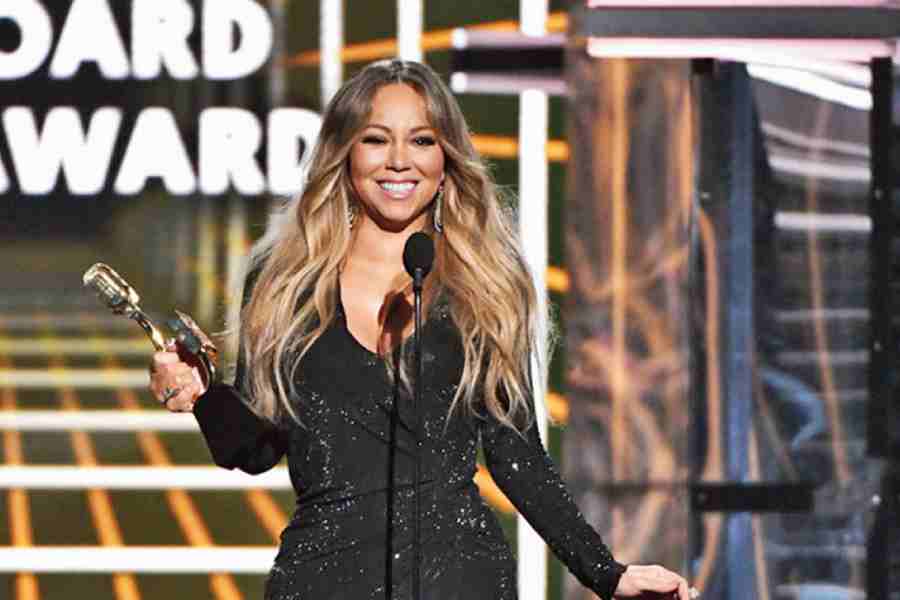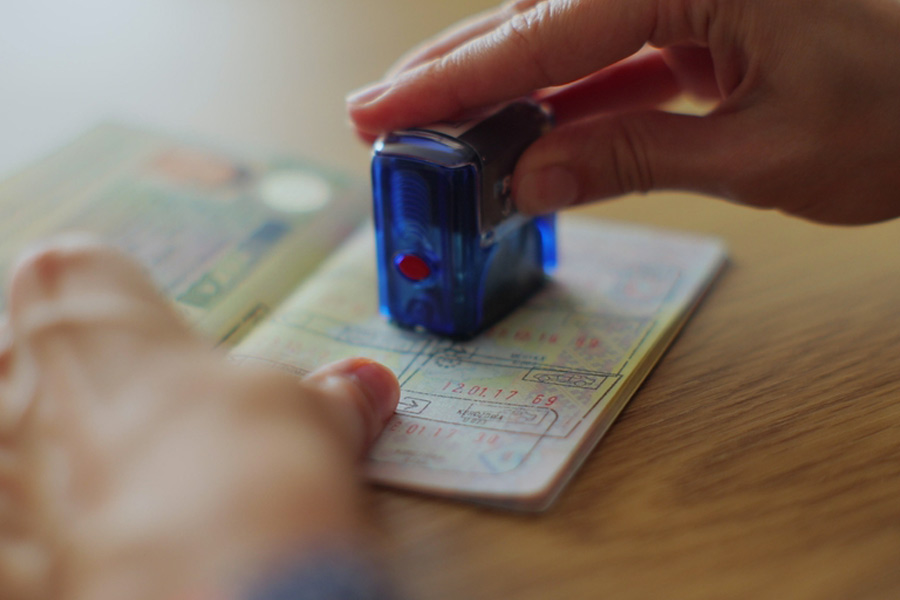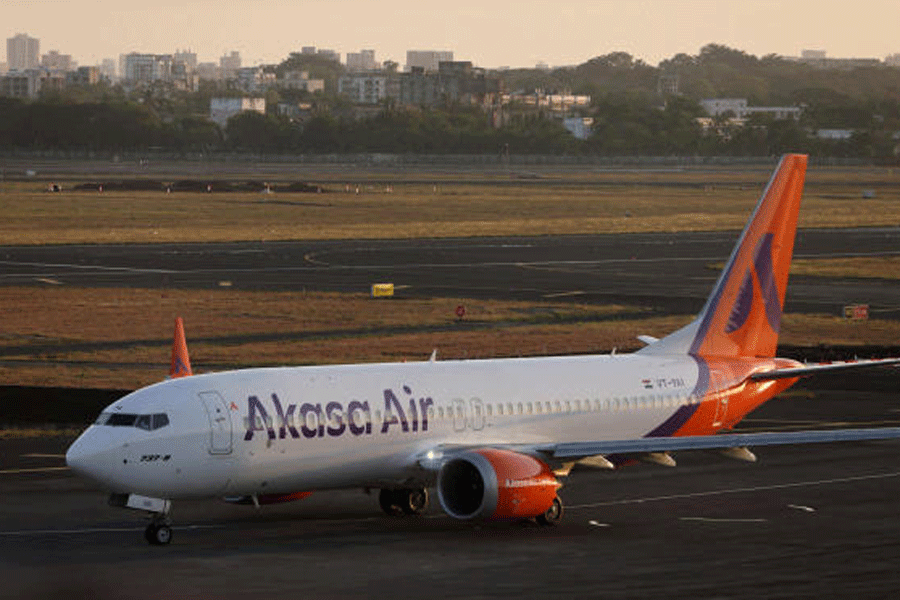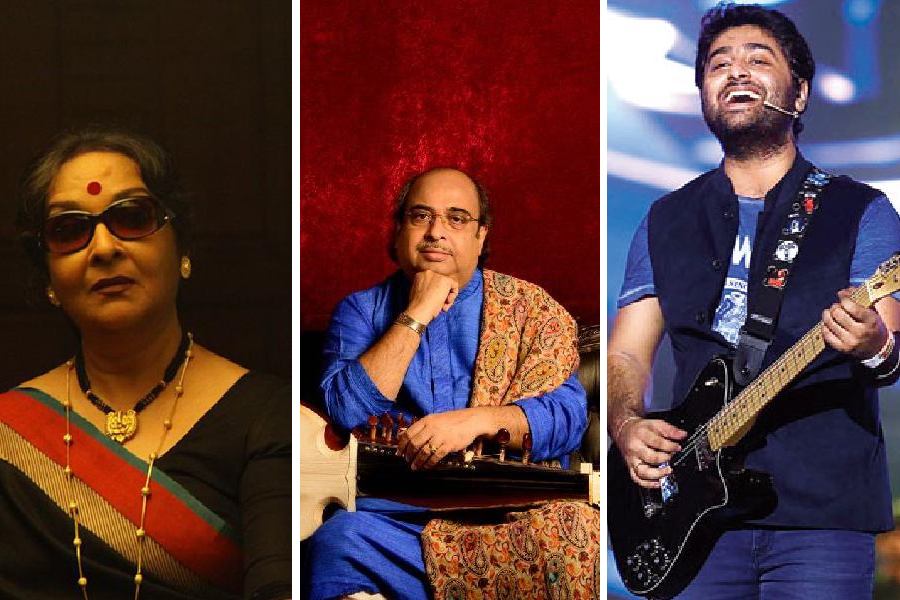"I have this feeling that this constant access to the real me as a player has lowered the threshold for fans in the stadium to a point where some think they are entitled to do things which they really aren't," Leon Balogun said during a FIFPRO online discussion in early March.
FIFPRO, the international football players' union, says the numbers from its recent study bear him out.
Three-quarters of the players' unions it contacted for its men's football workplace safety report said that workplace safety is a growing concern for professional footballers. Two-thirds said in recent years that parts of fan culture have "become increasingly more violent and abusive."
'Get away with anything'
Balogun, a member of FIFPRO’s Global Player Council, was one of many players surveyed for the study released in January but was one of the few willing to have his name used. So many others had responded anonymously, fearing retribution in the form of abuse at the stadium, on the way to or from the team bus, or on social media.
"Some people, not the majority, feel because they have paid for a ticket to come to the stadium, that it somehow automatically gives them the right to abuse you. There are people who just want to voice their frustration at you in a very inappropriate way," Balogun said.
"It's naive to think everything is going to be super positive, but it's reached the point that people will do and write anything because they can get away with it," continued the 35-year-old defender, who has played in the Bundesliga, Premier League, and for Nigeria. Balogun is now at Rangers in the Scottish Premiership.
"Loads of people just say, well, 'You are a football millionaire. You are in the public eye. You just have to deal with it.' But to what extent do we allow things to happen? And the argument of how ever much a player earns doesn't entitle anyone to write those horrible things or say these horrible things in public."
West Berlin-born and raised
Balogun's ties to Nigeria come from his dad, who immigrated to Germany in 1966 and eventually married a white German woman. Leon was born to the mixed-race couple in West Berlin in 1988, a year before the Wall fell. He was raised in Berlin and would eventually play professional football for the likes of Darmstadt, Mainz and Brighton before joining Rangers in 2020.
"Even though Germany is a progressive country, there is that group of people, especially in sport, who still lurk around waiting to knock you down if you're different," Balogun wrote on the Players' Tribune website in 2018. He recalled being called the n-word and other racial slurs while growing up and that his father spoke up for him in such instances.
Activism for football players
Balogun has adopted some of his father's "love instead of hate" attitude in his current role as an activist for better workplace safety for players. The Nigerian international is looking to help everyone from the top-tier leagues all the way down to the amateurs who may see or feel very personal abuse, sometimes even aimed at family members.
What can't happen, Balogun says, is what happened when he was 15 and a kid from another team shouted racial epithets at him after a match.
"Nobody did anything," he wrote in the Players' Tribune. "There were people all around us, and nobody did anything."
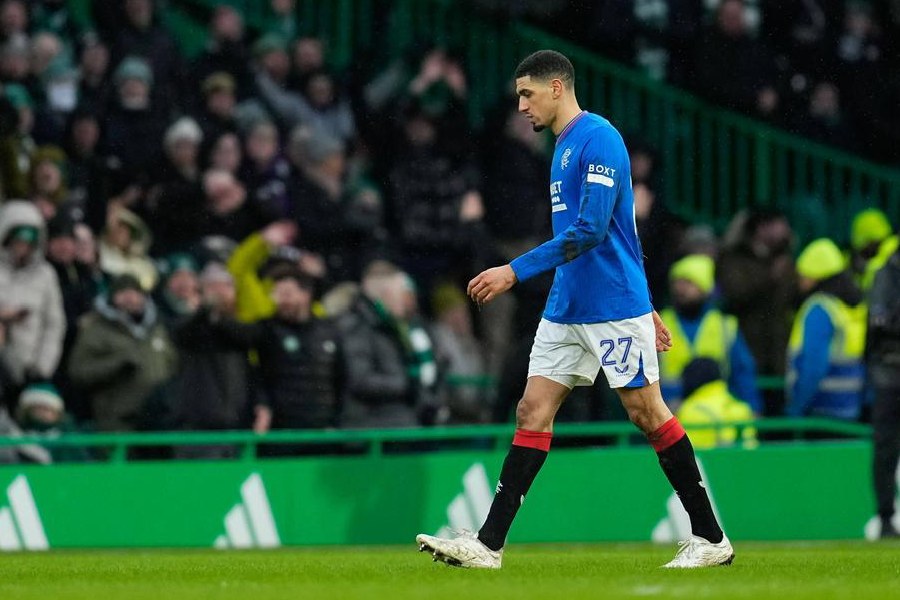
Leon Balogun believes social media has made abuse worse for footballers Deutsche Welle
During the FIFPRO online discussion, other speakers pointed to the need for technology-fueled means of catching and punishing perpetrators and for clubs to be more proactive. Balogun said security efforts have to move cautiously to avoid affecting innocent fans cheering for their heroes.
"We're in a time when, in general, we need to look out for each other," Balogun said. "It doesn't matter where you're from, what you earn, or if you work in a public space or not."
"Ultimately, we all need to get along and create an environment where everybody feels safe to express themselves and to voice their opinion without harming one another. If we can remind ourselves of that every now and then, I think a huge part will be done."


